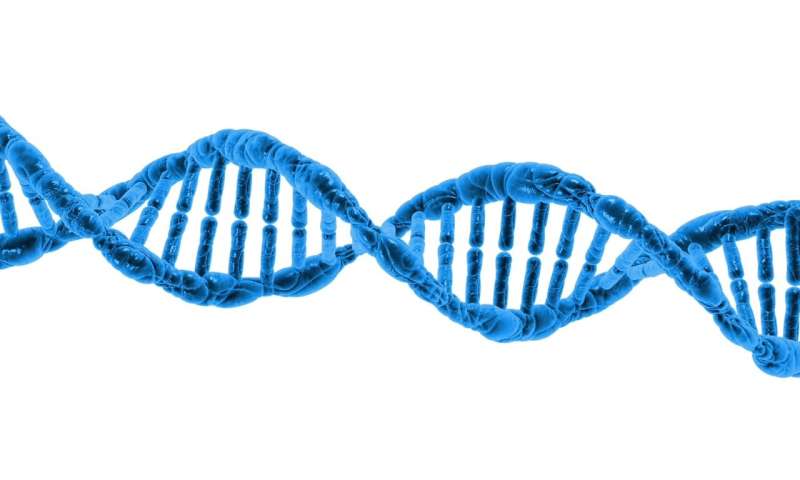
A study by the Centre for Chromosome Biology at NUI Galway, Ireland, in partnership with the University of Zurich, has uncovered new insights into how the replication of DNA occurs which can be applied to help develop novel cancer treatments.
The breakthrough research looked at a protein called CDC7 which is a trigger for cancer cells to replicate their DNA and form tumors. The NUI Galway research shows how drugs that block CDC7 work, indicating how they could be further developed to stop cancer growth.
The key characteristic of all cancers is that cells divide in an uncontrolled way forming a tumour. When a cell divides into two cells its DNA needs to be replicated so that both mother cell and daughter cell get a complete copy of the DNA. There are specific points on the DNA called origins of replication and CDC7 works by activating a set of proteins at these origins to trigger the initiation of DNA replication. Drugs that act against CDC7 block initiation of DNA replication and therefore block the growth of cancer cells.
Professor of Molecular Medicine at the Centre for Chromosome Biology and Discipline of Biochemistry in the School of Natural Sciences at NUI Galway, Corrado Santocanale said: “Cancer incidence is continuously increasing both in Ireland and around the world with scientists and researchers constantly looking for new and innovative treatments. My team has shown that CDC7 has another role to play in addition to activating proteins at replication origins.”
He added: “We know that many types of cancers are stressed by constantly replicating their DNA and we have discovered that when replication stress occurs in cancer cells, CDC7 works with another protein called MRE11 to overcome the stress and restart replication, so the cancer cells can keep growing. However, if drugs that block CDC7 are added, the cancer cells are unable to overcome the replication stress.”
The new research is particulary relevant for the more aggressive cancers such as pancreatic and colon cancers which have high levels of replication stress, diseses in which drugs that block CDC7 are likely to be particularly effective.
The researchers also found that if cells have a mutation in the breast cancer gene BRCA2, CDC7 actually increases DNA damage, increasing the likelihood of breast cancer developing and suggesting that drugs that block CDC7 could also be investigated to help in the prevention of certain types of breast cancers.
Source: Read Full Article
